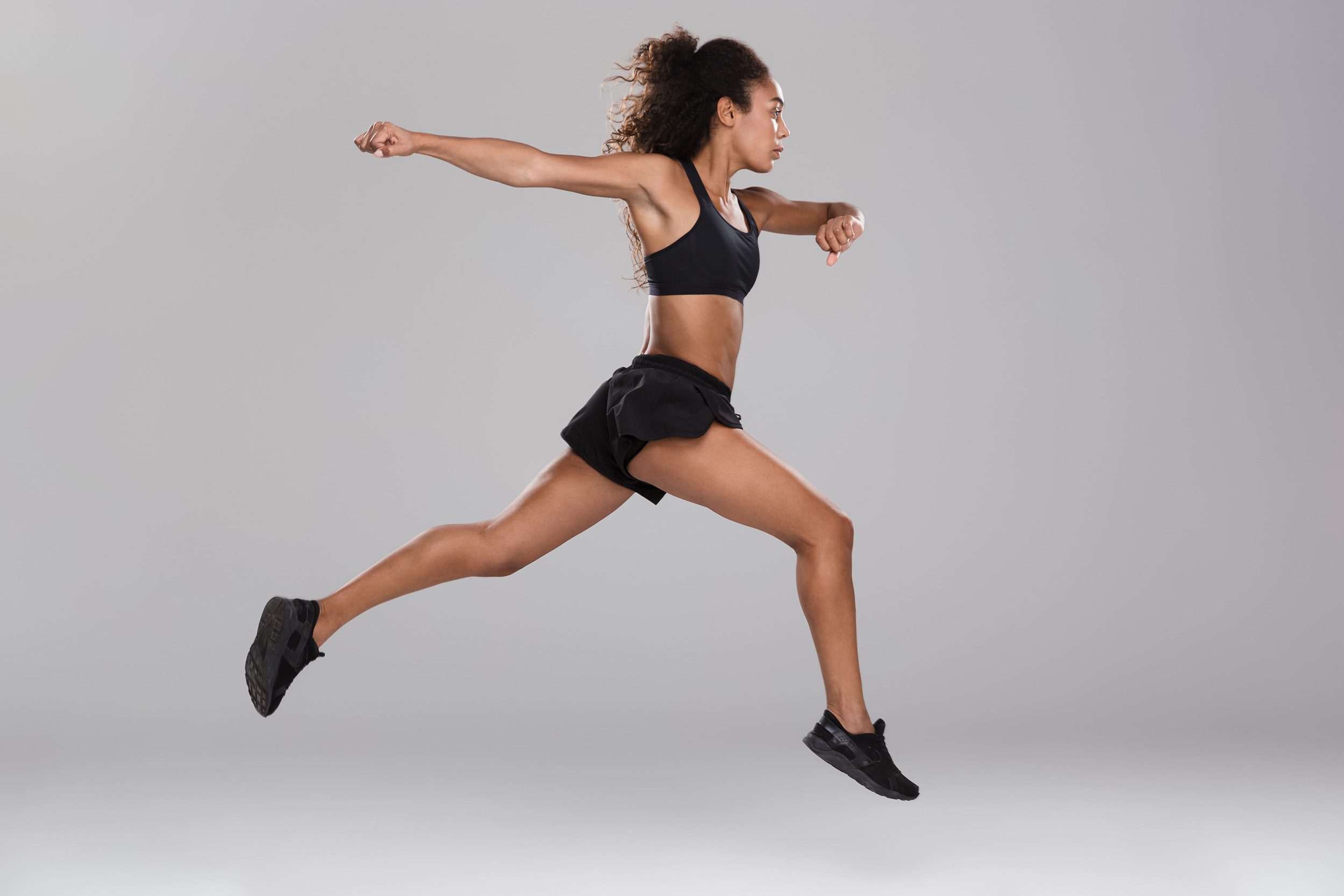The Key to Being a Better Athlete (Starts Before You Do A Single Exercise)

Every athlete wants to be better. The greats don’t wake up one day and think, “Hm. This is good. I’ll stop now.”
If you’re serious about your sport, you’re probably already aware (in general) what kinds of exercises and diets will help you improve. There is one critical part of training that top athletes don’t ignore — and it’s something you should value, too:
Knowing yourself.
Movement Assessment Is How You Reach the Top
Self-knowledge is important during events. Professional runners know their bodies, how to pace themselves and when to add a little extra speed. NBA pros know whether they’re a 3-point shooter or they belong in the paint. The same goes for every other sports pro who has reached the top. Pro athletes know their strengths. More importantly, they know their weaknesses.
That’s why one of our top values at Accel Performance and Wellness is assessment. Before any member is allowed to train with our performance coaches, they must complete an Athletic Movement assessment. If we can’t assess you, we don’t know how to help you.
We use the industry’s best technology to get a full picture of how each athlete moves: which leg is handling more weight when they run or how a shoulder drop might affect their golf swing. With this full picture, we can design a strategy to help each individual get better.
You Can’t Celebrate Progress Without Assessment
Knowing your strengths is great, and it helps you out on the field. When you’re training, however, knowing your weaknesses is much more valuable. A Movement assessment helps you identify those weaknesses, and it gives you a baseline for your athletic performance. It also helps the coaches, nutritionists and other team members who are trying to help you improve.
The fact is, if you don’t identify where you started, you’ll never know for sure if you’ve progressed. This is especially true if you’re already training at a high level. The difference between elite runners can be measured in seconds — and if you’re not intentional about identifying how you’ll improve, closing that gap can be nearly impossible.
Assessments show where you are and what needs to be corrected to help you progress. They also help you set realistic goals and give your coaches something to reference at each stage of your training. That also means regular assessments matter. Testing your athleticism isn’t a one-and-done exercise. It needs to be a constant part of your training.
